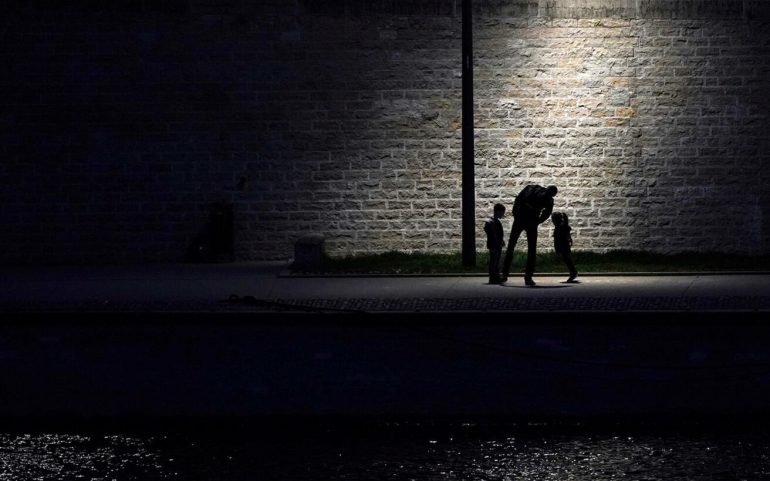In the beginning it was only the elderly. This is how he told the story of the new coronavirus and subscribed to every tragic death, that the virus affects those over 70 years of age or people with serious underlying diseases.
These groups were called upon by international health organizations to socially isolated, until we learn at least that the coronavirus does not make such distinctions, throwing seriously ill even people much younger.
We later learned that despite the fact that most young people and children will have slightly worse symptoms than the flu, they are in fact invisible carriers of the virus, playing a significant role in its spread.

The surveys coming from China They also showed that children rarely get the new coronavirus, so they could have little to do with the spread of the epidemic.
However, these research works were tragically overshadowed by the very reality of hospital admissions. Next to the elderly who were sticking her en masse COVID-19, now there were younger age groups among them.
And then came the biggest such study to change an important part of our knowledge about coronavirus and children…
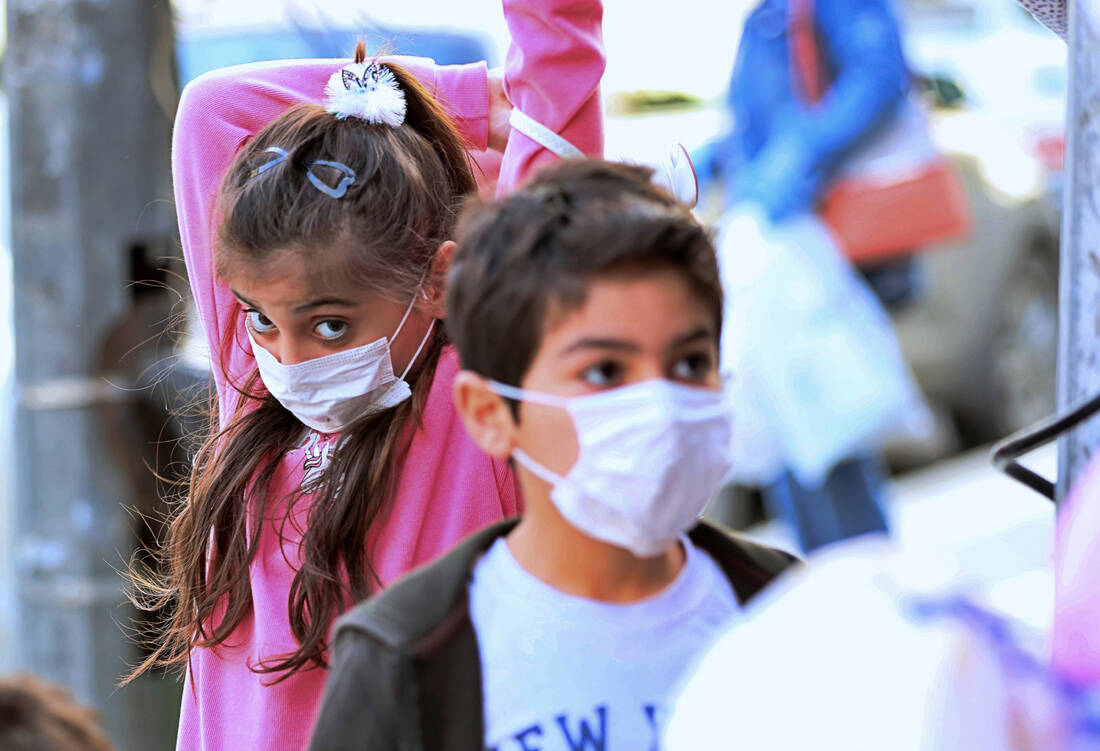
So where did we know that the coronavirus shows its least frightening face to children, representing the lowest percentage of cases, a large Chinese study concluded that children are not only infected with the virus, but are also particularly vulnerable to severe infections.
The study, published in the prestigious "Pediatrics" inspection, tells us that while most children will experience only mild symptoms, a small percentage of them, especially infants and preschoolers, may become seriously ill.
The study took place in China, where the pandemic, and outlines a more complete picture of how little ones are affected by the virus. A valuable knowledge that experts claim has influenced national strategies regarding the closure of schools and the readiness of the state mechanism for pediatric cases.
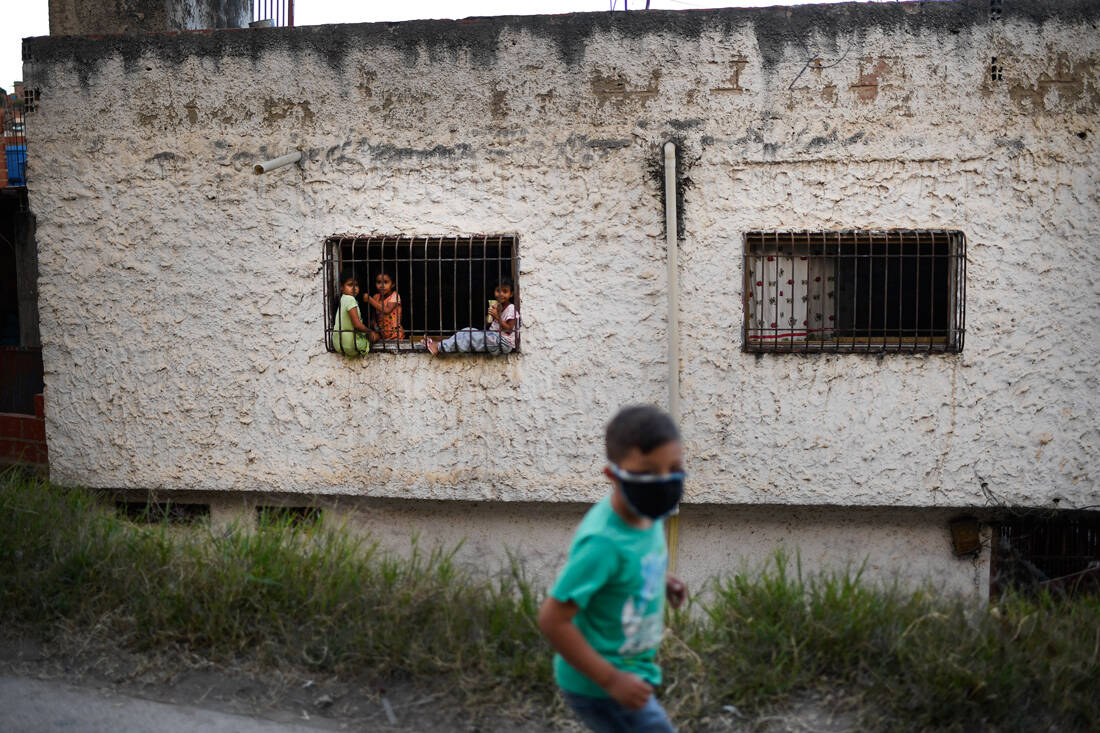
According to the researchers, who analyzed 2.143 cases under the age of 18 recorded by the Chinese Centers for Disease Control and Prevention, half of the cases actually showed mild symptoms, such as fever, cough, discomfort, etc.
More than 1/3 (39%) of the minors became more seriously ill, with respiratory problems or pneumonia, but no symptoms of shortness of breath. 4% had no symptoms at all.
But there were also 125 children, nearly 6%, who developed very severe forms of the disease, while a 14-year-old boy with a confirmed coronavirus case ended up, according to study leader and director of clinical epidemiology at Shanghai Pediatric Hospital Shilu Tong .
Thirteen children were described as "in critical condition", on the verge of organic and respiratory failure, and the rest were judged as "serious cases" due to their persistent respiratory problems.
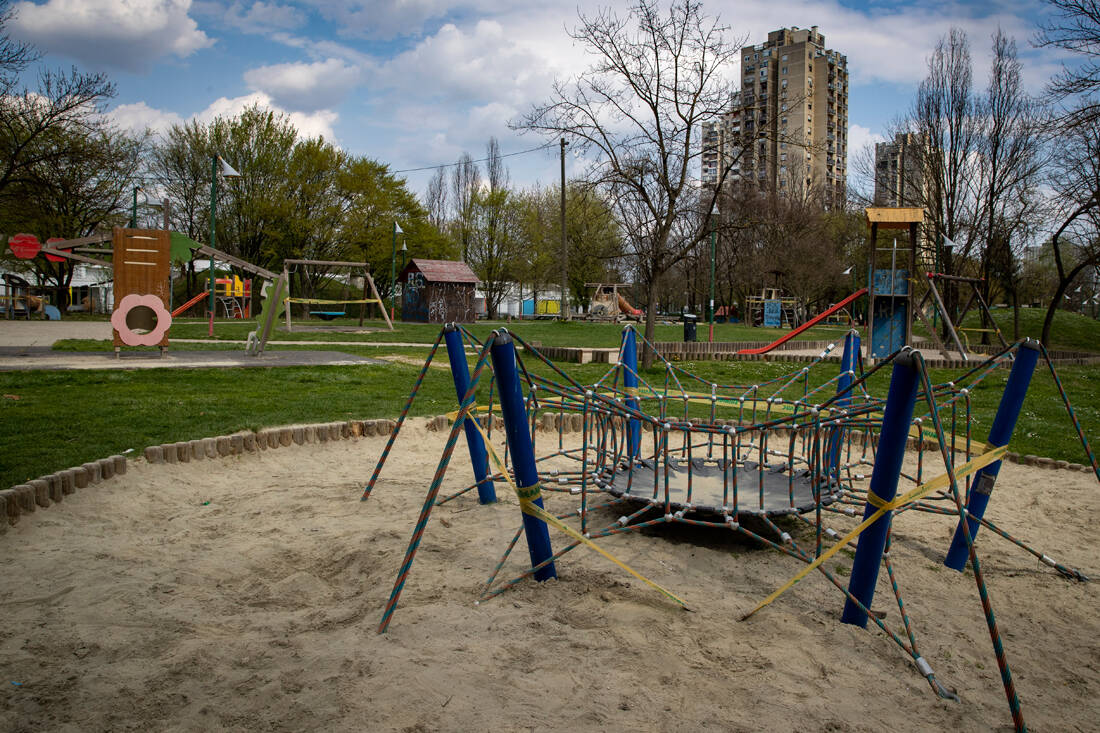
"What this study tells us emphatically is that hospitals "They also need to be prepared for some pediatric incidents, because we can not exclude children," said Srinivas Murthy, a professor of pediatrics at a Canadian university.
"The bottom line is," he told the New York Times. and some cases need much more aggressive treatment. "
More than 60% of these 125 children in the study who became seriously ill were 5 years of age or younger. 40 of them were infants under 12 months. Investigators, but also others, concluded that babies are even more vulnerable because of their immature respiratory systems.
Very recently, unfortunately, we also counted the first death of a minor in Europe. A A 16-year-old girl died of coronavirus in France, in a hospital in Paris. The student did not have an underlying disease, showing only a "mild cough" as a symptom, according to the Daily Mail report.
"No one is invulnerable to the virus," her sister warned in a French newspaper.
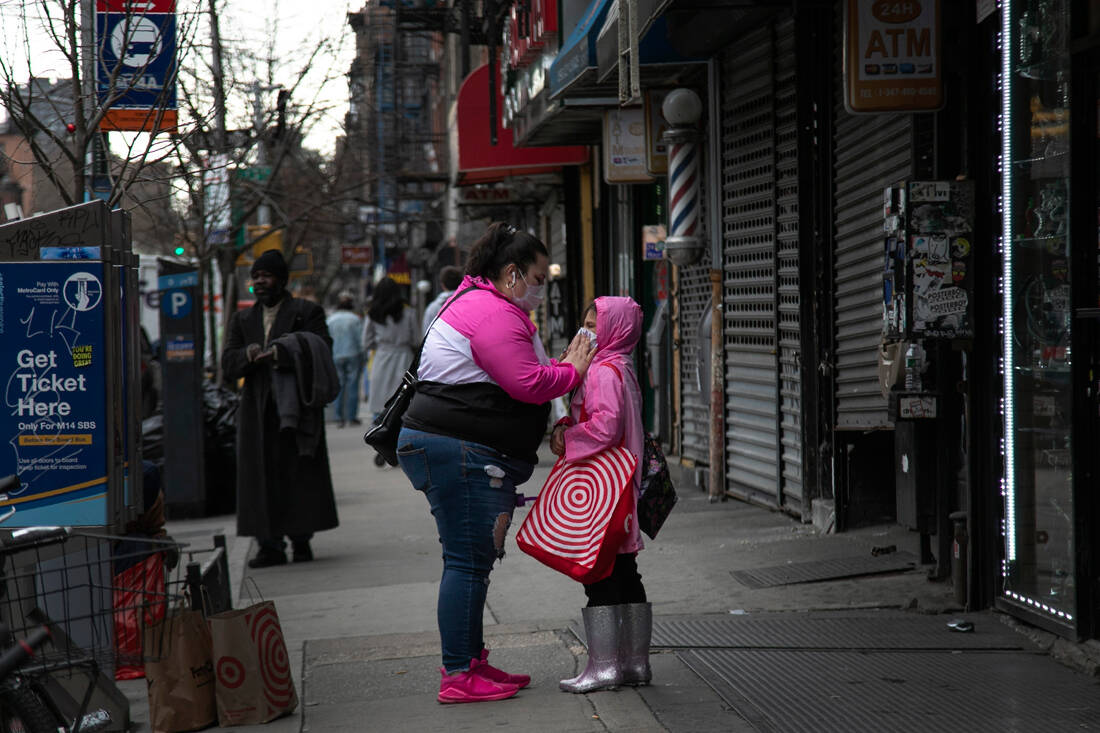
Scientists have been trying for a long time to understand why so many children seem to defy the new coronavirus, also surviving the worst in older epidemics, such as the virus SARS in China and the MERS of the Middle East.
This pattern is also present in the current pandemic, whether we are talking about Singapore and South Korea or Italy, as Dr. Murthy tells us.
An answer that is gaining more and more scientific consensus refers to the human cell protein that the virus infects, the ACE2 receptor, which does not have a strong expression in children or is expressed differently.

"They may not be as developed in children as they are in adults," explains the academic about these proteins, making it harder for tiny virus particles to access and infect the cell.
A second theory that has its followers tells us that "most children have healthier lungs," explains Andrea Cruz, an associate professor of pediatrics at the University of Texas.
As he claims, adults have probably been exposed to higher levels of infection in their lives and indeed the most serious cases of the new coronavirus are people with impaired health and underlying diseases.

Although the great Chinese study shed light on a virus that is still being studied by science, it reaffirmed that we have many questions about the relationship between the new coronavirus and children.
The researchers wrote somewhere that most of the severe symptoms that the children showed were in suspicious and not confirmed cases. What does this mean; How something escapes them or maybe other infections are responsible for all this, working alone or in combination with COVID-19;
And what will happen to the international experience in the end, will the coronavirus in the West follow the pattern of China? This is the most obscure in history, but also the big question. "China's age pyramid is different from the US," says Dr. Cruz, "they have far fewer [registered] children than we have."
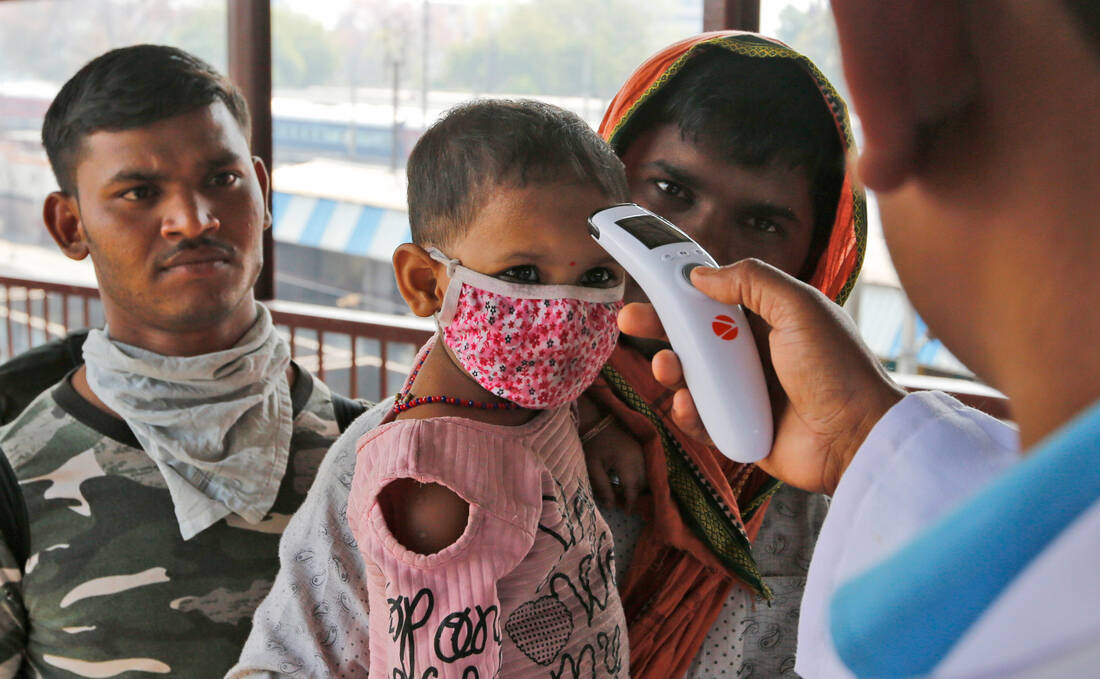
That is, Cruz believes, like other experts, that large numbers of people with mild symptoms or even asymptomatic patients were never recorded, as extensive screening was not performed.
"We had a lot of under-control in children, as the weight was given to adults. "It is possible to underestimate the severity of the disease in children."
Only now it has become clear that these questions must be answered and children should not be treated as if they are not affected by the virus.
As with other aspects of the new coronavirus and the sudden way it invaded our lives, the idea that the epidemic only affects the elderly was over-simplified…
